
Program Description
The Association for Surgical Education Curriculum in Education Innovation and Teaching (ASCENT) program was developed by the ASE Simulation Committee. ASCENT provides foundational training in surgical education and simulation for residents, fellows, and early-career faculty. Designed to bridge the gap between interest and expertise, ASCENT responds to a documented national need for a standardized, accessible, high-impact simulation education curriculum
Target Audience
This program will be open to any surgical resident, simulation fellow, new and early career simulation educators (within 5 years of starting faculty appointment), and interested mid-senior career simulation educators (greater than 5 years out of training). The total number of attendees will be capped at 30 participants for this year.
Delivery Method
This program will be a year-long simulation/education curriculum that is based off monthly didactic series from renowned lecturers that will hit on key topics, which will fill a gap in the current system. Each monthly session will be a 60-minute Zoom meeting with presentations, interactive breakout sessions, and Q&A.
ASE Membership
It is recommended that program participants be ASE Members in good standing, but membership is not required.
Assessments
Program participants will be required to complete a post session assessment and quiz for each session. This will also be the method to track attendance.
Certificate
The participant will receive a certificate via email. For certification, participants must attend at minimum 14 sessions with evidence of active participation (including completion of the post session assessment and quiz).
Registration Fee
Registration fees are $800 per participant for the 2025-2026 program. Applicants will be notified by August 29 if they have been accepted into the program and must submit the registration fee payment before the program start date.
Program Director: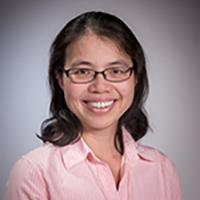
Ming-Li Wang, MD
Associate Professor of Surgery
The University of New Mexico
Dr. Wang joined the Division of Acute Care Surgery at UNM in 2012 and has an active clinical practice in Trauma, Emergency General Surgery, and Surgical Critical Care. She was the Surgery Clerkship Director at UNM School of Medicine for 7 years and developed innovative curricula for the undergraduate medical education program. She served on the curriculum committee, led the fourth year medical student bootcamp, and was the director of ATLS for many years. She is currently the Vice Chair of Diversity, Equity, and Inclusion for UNM Department of Surgery and an active member in the national Association of Surgical Education, Association of Academic Surgeons, Western Surgical Association and American Board of Surgery.
Program Co-Director and Simulation Committee Vice Chair: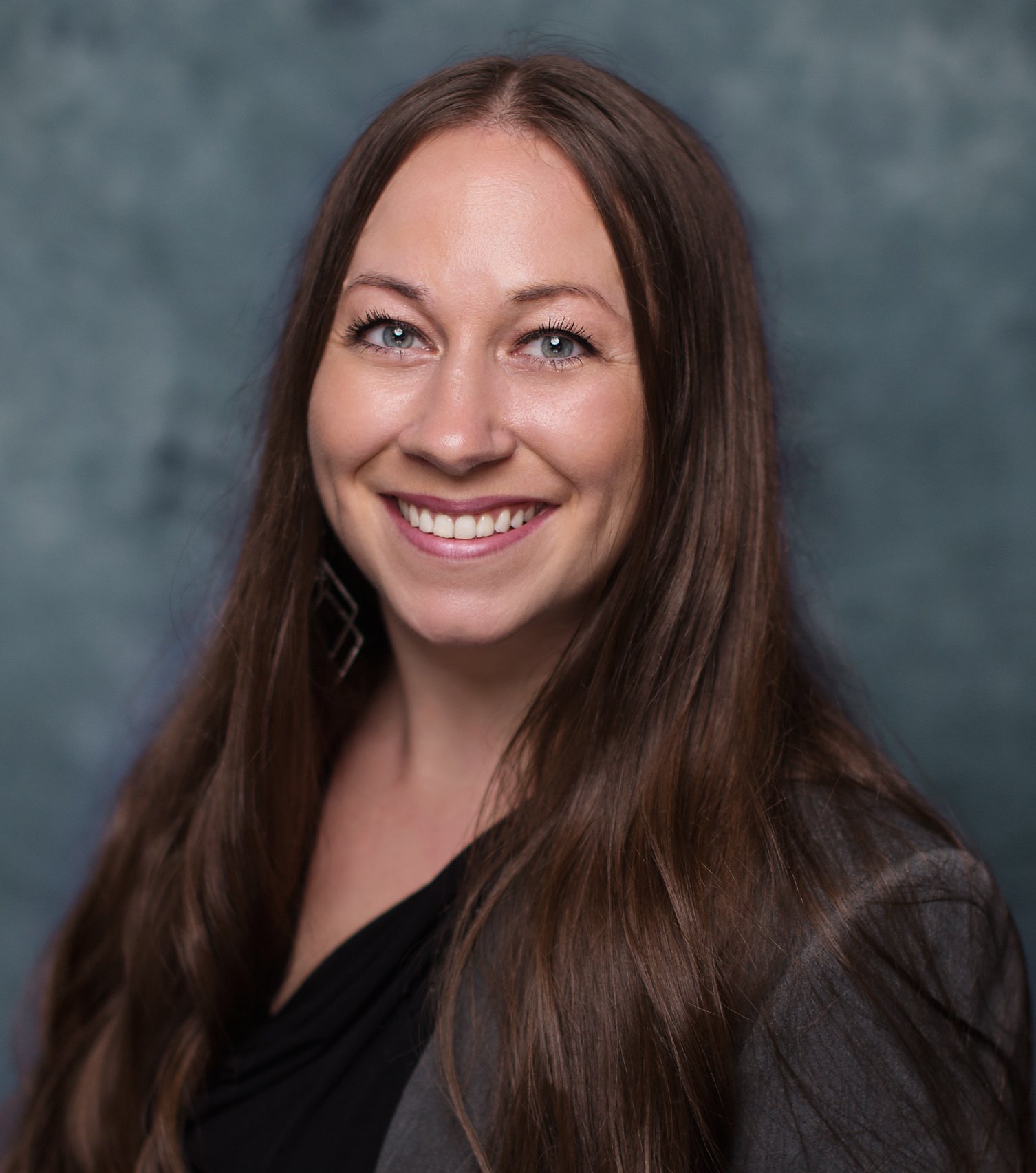
Erika Simmerman Mabes, DO
Assistant Professor, Department of Surgery
Medical College of Georgia
Dr. Erika Simmerman Mabes completed her general surgery residency and surgical critical care fellowship at the Medical College of Georgia. She holds dual board certifications in General Surgery and Surgical Critical Care and has returned to WellStar Medical College of Georgia as a faculty member. She is a nationally recognized trauma and acute care surgeon and surgical educator whose academic mission centers on simulation-based education, curriculum innovation, and multidisciplinary trauma training. As Clinical Director of Surgical Simulation, she leads the design and implementation of a comprehensive simulation curriculum that encompasses a wide breadth of surgical areas, including technical and nontechnical/team skills. She chairs the institution’s General Surgery Simulation Steering Committee and Trauma Resuscitation Training Steering Committee, guiding faculty development and simulation integration efforts across surgical and critical care disciplines. In collaboration with leaders in Emergency Medicine at the Medical College of Georgia, Dr. Simmerman Mabes is developing a statewide rural trauma outreach simulation program to enhance trauma care in underserved regions. She co-developed and teaches in ASE’s national workshops and contributes to national research efforts through multiple research task forces through ASE and ACS.
2025-2026 Curriculum
Please note that all virtual sessions are scheduled for 5:00-6:00 PM Eastern but are dates/times are subject to change.
| ASCENT Introduction and Orientation September 9, 2025 Program Directors: Ming-Li Wang, MD and Erika Simmerman Mabes, DO |
| Simulation Education Research- Introduction to Statistics/Qualitative Methodology September 16, 2025 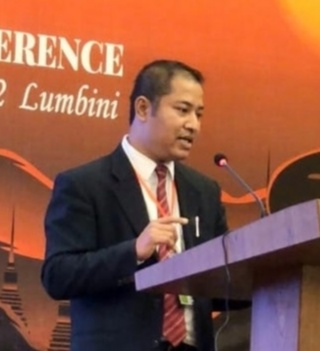 Faculty: Anip Joshi, MBBS, MS Chief Consultant Surgeon and Associate Professor Bir Hospital, National Academy of Medical Sciences Dr. Anip Joshi, MBBS, MS, FACS, is Chief Consultant Surgeon and Associate Professor at Bir Hospital, National Academy of Medical Sciences in Nepal. He is the Chief of General Surgery Unit and is Faculty of General Surgery Residency Program. He is First Class Officer(Level 11) under Ministry of Health of Nepal Government. Dr. Joshi is a Member Secretary of Institutional Review Board of National Academy of Medical Sciences. He is Chair of Association of Academic Global Surgery(AAGS)-Advocacy Committee, active member of International Society of Surgery(ISS/SIC), fellow of American College of Surgeons(ACS), executive member of Society of Surgeons of Nepal(SSN), and International Task Force member of Association for Surgical Education(ASE). He has experiences of working with Oxford University-UK, World Health Organization(WHO) and visiting University Hospital Basel, Switzerland, Peter MacCallum Cancer Center and Royal Adelaide Hospital, Australia, Ohio University-Wexner Medical Center, US and Max Superspecialty Hospital, India and he utilizes these experiences to improve quality of health care in LIC/LMICs. In recognition of Dr. Joshi’s work and commitment, he has been awarded the International Society of Surgery(ISS/SIC) award, Council of Science Editors award, Japan Surgical Society award and invited as faculty at Association for Surgical Education(ASE) 2021 meeting, Consortium Universities for Global Health (CUGH) Dr. Tom Hall-Dr. Nelson Sewankambo Mid-Career Global Health Award. Dr. Joshi has led numerous international collaborative research projects of global health importance and has been awarded a research grant for surgical service quality improvement. He has presented his work at conferences of American College of Surgeons(ACS)-QS, International Society of Surgery, Royal Australasian College of Surgeons, Association of Surgical Education, Japanese Surgical Society, and Society of Surgeon’s of Nepal and Towards Unity for Health(TUFH). Event description The workshop will provide a comprehensive overview of opportunities to engage in and how to get started with simulation educational research. Different study types will be discussed in addition to common qualitative statistical concepts. An overview of societal and funding support will be provided. Multi-institutional collaborative project design will be outlined. Learning objectives a. Describe components of study design important to consider when seeking robust data collection b. Identify common barriers to appropriate statistical analysis and describe which analyses is most appropriate for a number of example scenarios c. Identify challenges in interpretation of statistical analysis of qualitative data and strategies to avoid common pitfalls |
| Adult Learning Theory Shifting Focus from Teaching to Learning October 14, 2025 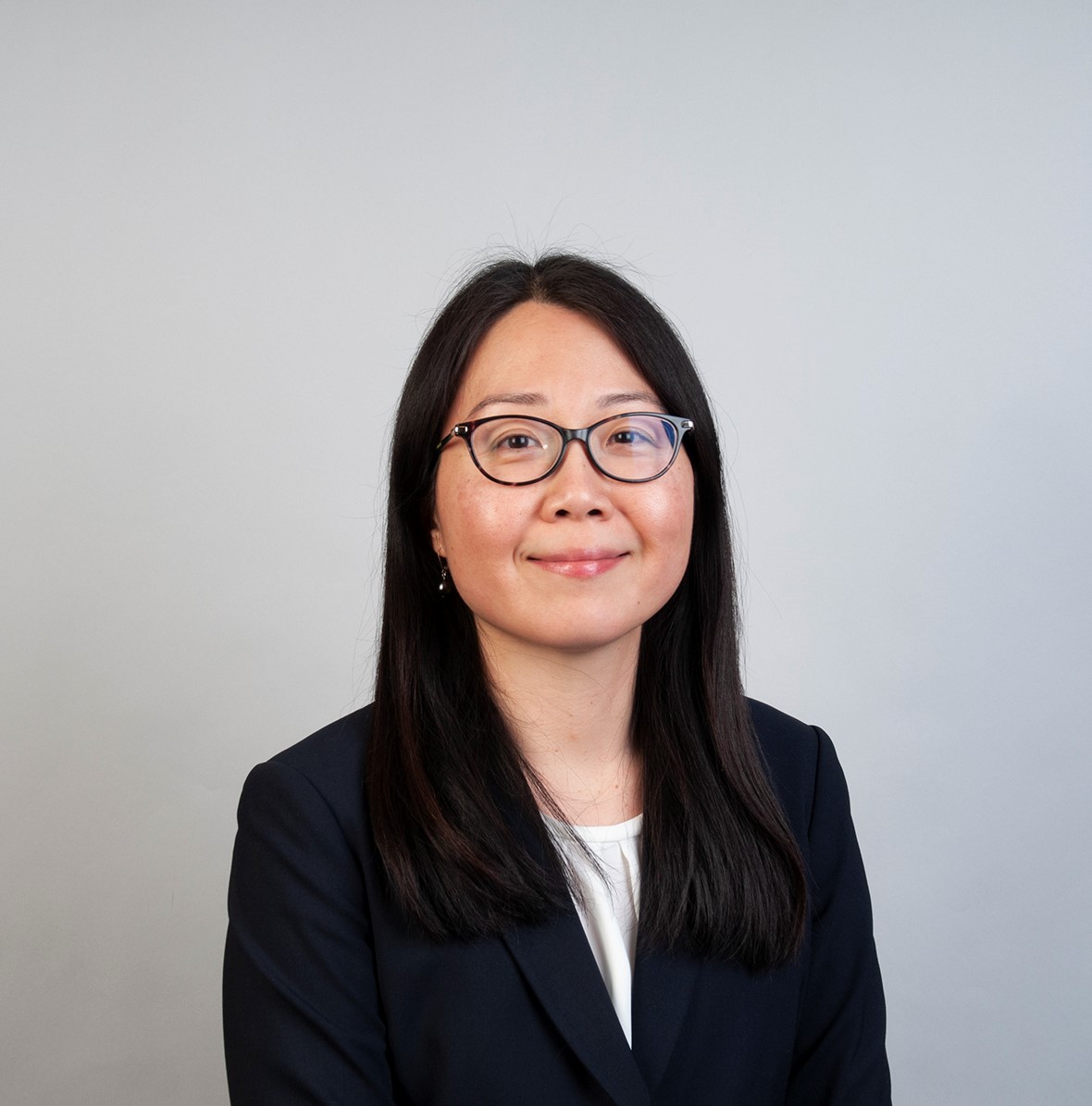 Faculty: Joon Shim, MD, MPH Program Director Bassett Healthcare Network Dr. Joon K. Shim is a fellowship-trained advanced minimally invasive and bariatric surgeon at Bassett Healthcare Network and Columbia-Bassett Program. As the first female program director at Bassett, she plays an integral part in the education of her surgery residents and the surgical residency training program. She completed her undergraduate degree magna cum laude in Philosophy at Bryn Mawr College in 2000. She earned both her medical degree as well as her master’s degree in public health in a four-year dual program from George Washington University School of Medicine and Health Sciences. She completed her residency in general surgery at the University of Massachusetts and a fellowship in advanced minimally invasive surgery and bariatric surgery at Brown University. She joined the US Army after 9/11 in 2002. She served as an active duty Army surgeon and completed two tours as a combat trauma surgeon for Operation Enduring Freedom in Afghanistan in 2011-2012 and 2013. She was awarded the Army’s Meritorious Service Medal. Event description This workshop introduces the participant to principles relating to adult learning, including description of prominent theories and concepts. Discussion will center around how these relate to teaching strategies. Areas covered will include behaviorism, cognitive information processing, constructivism, learning and memory, motivation and self-regulation in adult learning. Learning objectives a. Describe principle theories relating to adult learning b. Identify how adult learning theories relate to the participant’s current teaching strategies c. Identify areas of the participant’s teaching strategies in which adaption can allow these to be centered around principles of adult learning |
| Diffusion of Innovation Theory: Application to Educational Leadership October 28, 2025 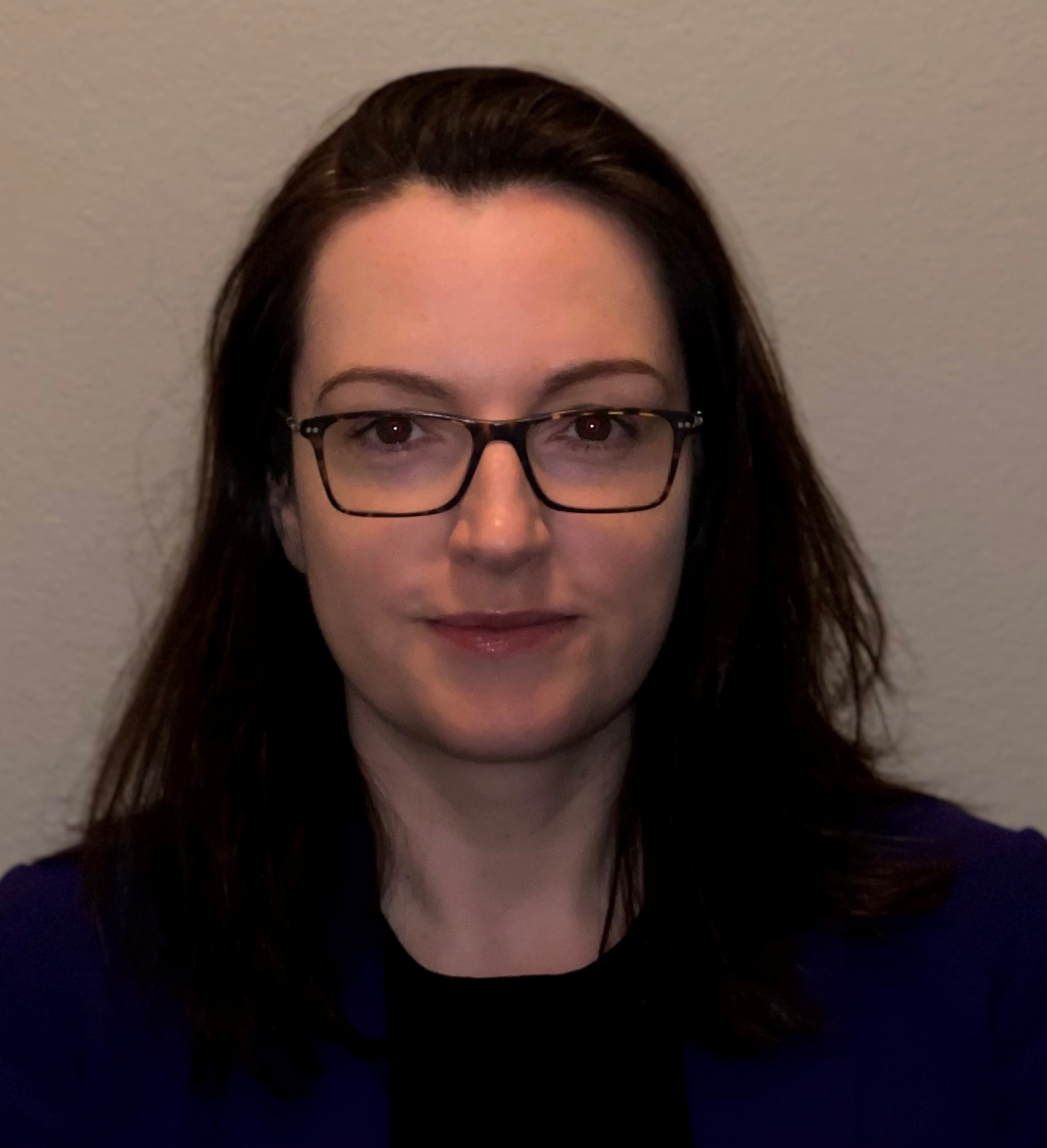 Faculty: Karen Dickinson, MBBS, BSc. MD, MEd, FRCS, CHSE-A Assistant Professor of Surgery, Surgical Director of UAMS Centers for Simulation Education ACSAEI UAMS Dr. Dickinson is Assistant Professor of Surgery and Director of IPE Simulation and Clinical Skills Training at University of Arkansas for Medical Sciences. She is Surgical Director of the American College of Surgeons-Accredited Educational Institute (ACSAEI) UAMS Centers for Simulation Education. She completed surgical training in the UK and US and completed a General Thoracic Fellowship at Mayo Clinic, Rochester. Subsequently she completed an ACSAEI Surgical Simulation Fellowship at the Houston Methodist Institute for Technology Innovation and Education. She matriculated with Honors from University of Houston with a Masters in Education. Her research interests include Sim-IPE, patient education, virtual learning. Event description The workshop introduces the participant to theories of diffusion of organizational change and pertinent literature. The learning event will highlight the practices of leaders who guide change on an organizational level at educational institutions. Learning objectives a. Describe theories of diffusion of organizational change b. Apply the principles of theories of diffusion of organizational change to design a safe to fail experiment addressing an important aspect of the participant’s practice c. Develop a strategy for durable changed based on the results of the safe-to-fail experiment |
| Instructional Design and Instructional Evaluation Session 1: November 11, 2025 Session 2: December 2, 2025 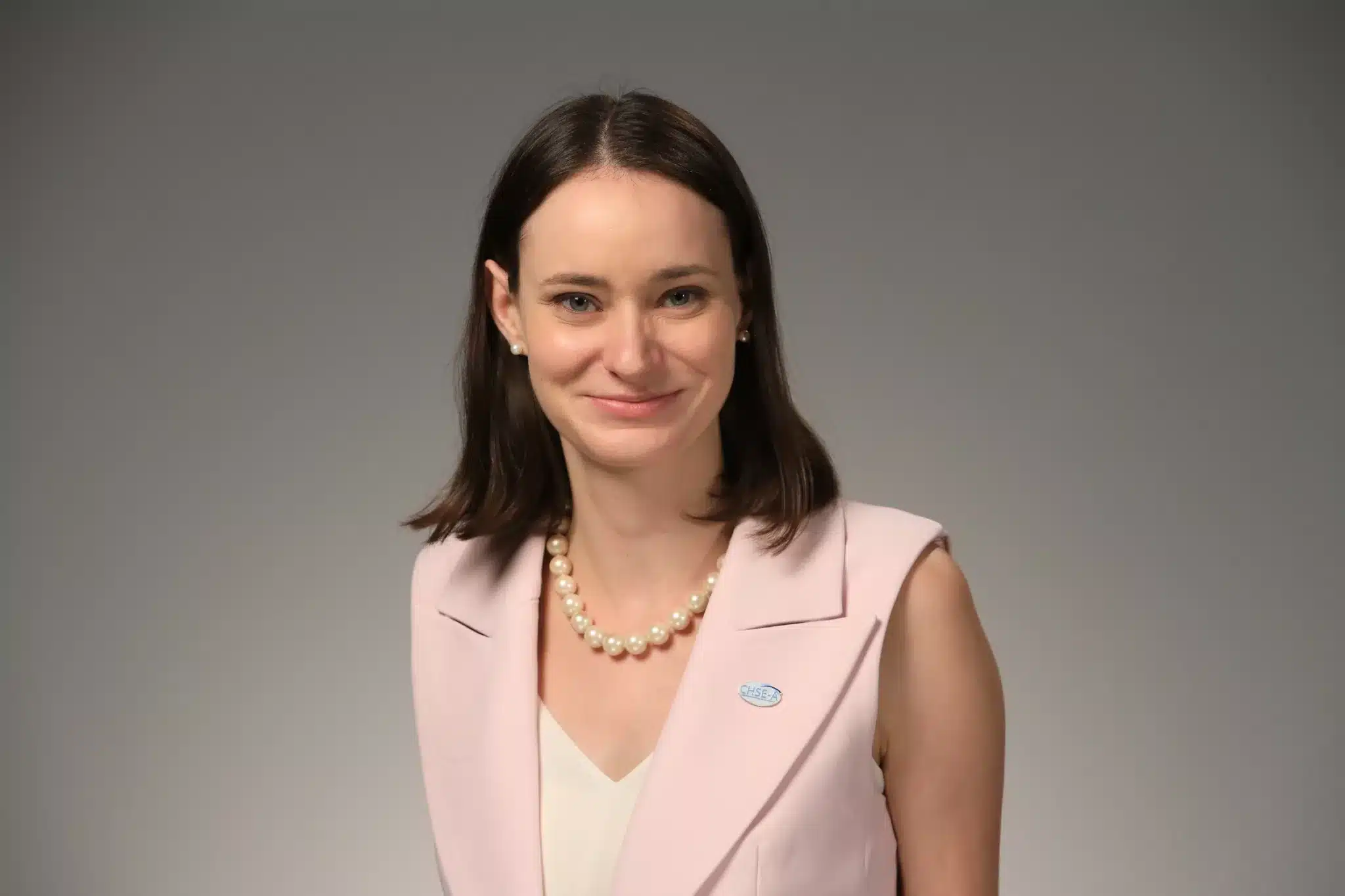 Faculty: Jamie Robertson, PhD, MPH Senior Research Scientist Brigham and Women’s Hospital Dr. Jamie M. Robertson is a Senior Research Scientist in the STRATUS Center for Medical Simulation at Brigham & Women’s Hospital in Boston, MA, and an Assistant Professor at Harvard Medical School. Her work focuses on applying simulation-based best-practices to clinical problems. She has worked in medical education for over a decade, with experience in undergraduate, graduate, and continuing education practices. Additionally, she serves on the leadership of multiple teaching and clinical research courses within the Harvard Medical School’s Postgraduate Medical Education portfolio. Nationally, she is an Associate Editor for the Healthcare Simulation Dictionary and a leader in simulation design and implementation She is one of the first fifty individuals to earn the designation of Certified Healthcare Simulation Educator-Advanced. Dr. Robertson’s funded research involves studying teamwork and communication between members of medical teams in both terrestrial and deep space environments. Dr. Robertson completed her undergraduate education at Seattle University before earning her MPH in Behavioral and Community Health Sciences and PhD in Epidemiology from the University of Pittsburgh Graduate School of Public Health. Event description The workshop will discuss the major components of instructional development. Participants will brainstorm designing a stand-alone instructional module that could be used in their educational environment. The workshop will discuss educational evaluation and theories pertaining to this. The workshop will discuss how to assess outcomes of learning events and plan evaluation strategies. Participants will brainstorm how to best apply these strategies to instructional evaluation at their institution. Learning objectives a. Identify the major components of instructional development b. Create an outline for an instructional module that could be used in the participants institution for education c. Describe best practices for evaluating instructional design and apply them to the educational module created by the participant within the workshop |
| Learner Assessment and Giving Feedback December 9, 2025 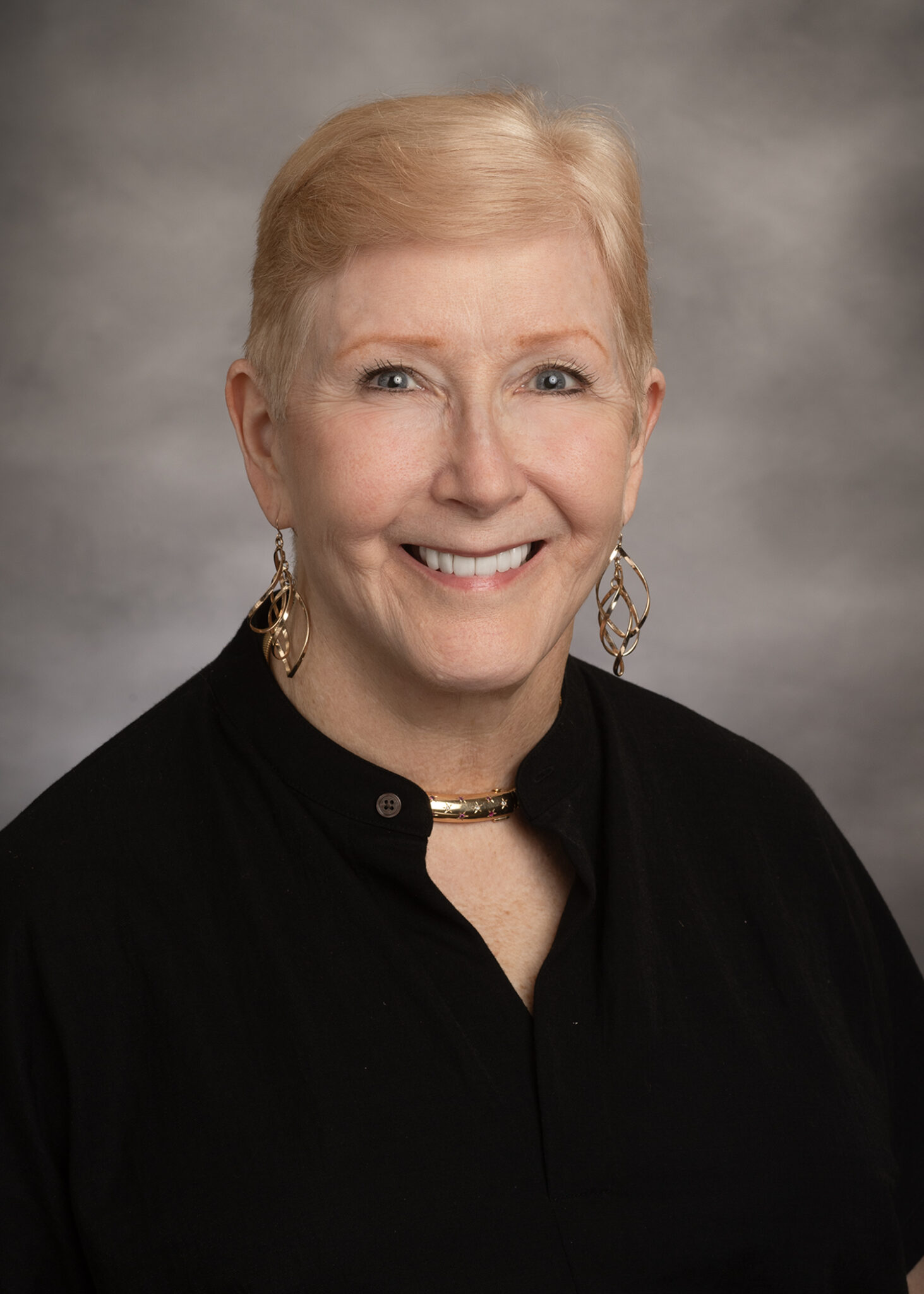 Faculty: Barbara Pettitt, MD, MHPE Director of Medical Student Education, Professor of Surgery Emory University School of Medicine Dr. Pettitt attended Central College in Pella, Iowa, and Northwestern University Feinberg School of Medicine. She completed General Surgery residency at Los Angeles County – University of Southern California Medical Center and a Pediatric Surgery fellowship at Children’s Hospital of Pittsburgh. She completed a Master’s in Health Professions Education (MHPE) at the University of Illinois, Chicago. She has been a pediatric surgeon at Emory University in Atlanta since 1985, 23 of those as Chief of Pediatric Surgery for the Grady Health System. She is currently Professor of Surgery and Director of Medical Student Education in the Emory Department of Surgery. She was the M3 Surgery Clerkship Director from 2001-23 and the M4 Surgery Sub- Internship Director from 2004-18. She is now Associate Director of both, as well as directing the M4 Surgery Electives and Visiting Students program, the annual month-long Surgical Anatomy, Embryology and Operative Techniques Course (an intense prep course for M4’s going into surgery), the M4 Applicant Prep Program, and the M4 Capstone “Residents as Teachers” module. She serves on several ACS national education task forces, a National Board of Medical Examiners’ Step 3 Item Review Committee and numerous committees in the Association for Surgical Education. Among her awards are the Association for Surgical Education’s Philip J. Wolfson Outstanding Teacher Award, the Association of Women Surgeons’ Olga Jonasson Distinguished Member Award, the Emory Dean’s Teaching Award and the Emory School of Medicine Evangeline T. Papageorge Award for Distinguished Teaching. She has been voted Best Clerkship Director by several Emory SOM classes. She serves on the boards of several Atlanta-area non-profits as well as her alma mater, Central College, sings in a community chorus and her church choir, and enjoys spending time with her three adult children, who all seem to have turned out well in spite of (or maybe because of!) having a surgeon for a mother! Event description This workshop describes the principles of formative and summative learner assessment and the utilization of assessment for learning in medical education. Discussion will include validated assessment tools. The workshop will discuss the importance of feedback delivery, and strategies to optimize the process including methods to overcome challenges and barriers to feedback delivery Learning objectives a. Describe the different forms of learner assessment b. Describe strategies for giving learner feedback e.g. Pendleton rules, feedback sandwich, ARCH and outline the benefits and limitations of each c. Identify challenges in delivering feedback in participant’s own practice and apply strategies to optimize performance in this area |
| Curriculum Development Part 1 (Kerns Steps 1-3) January 13, 2026 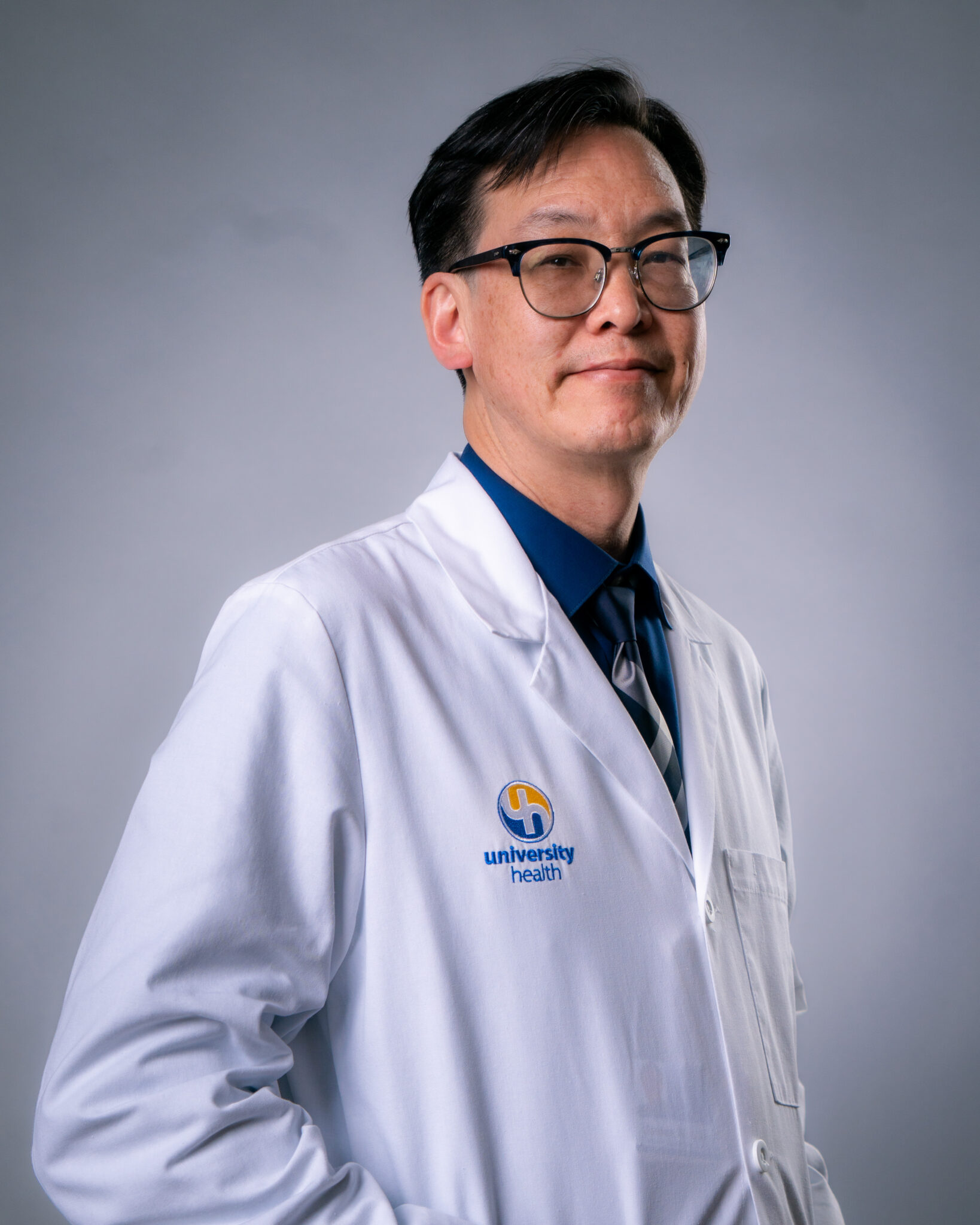 Faculty: James N. Lau, MD, MHPE Professor and Chair University of Missouri Kansas City James Lau, MD, MHPE, FACS is a general surgeon who specializes in minimally invasive and bariatric surgery. He has been active in medical education for over twenty years. He received his master’s degree in health professions education from the University of Illinois, Chicago. He recently served as the inaugural vice chair for education for the department of surgery at Loyola. He was the medical student surgery core clerkship director at the Stanford School of Medicine. He had been the associate program director for the surgery residency for two programs over 10 years. As the Assistant Dean for Clerkship Education for the Stanford School of Medicine, he made improving the educational environment for medical students and coordinating support and guidance for the struggling student his mission. Dr. Lau has been a simulation and skills center director at two different academic institutions and re-imagined the surgical education fellowship model at Stanford for surgical residents that has served as a model for other similar fellowships in surgery nationwide. He has dedicated his academic life to caring for complex patients while enjoying the mentorship of and the mentoring of surgeons, trainees, and educators. Event description The workshop will allow participants to gain a better understanding of the curricula development process and how to participate in the circular process of development, assessment and renewal. This will be structured around Kern’s six steps of curricular development. Learning objectives a. Describe problem identification and strategies to achieve this b. Describe general and targeted needs assessments and identify the most appropriate methods to achieve this within the participant’s educational environment c. Describe development of goals and objectives with reference to Bloom’s taxonomy |
| Curriculum Development Part 2 (Kerns Steps 4-6) January 27, 2026  Faculty: James Lau, MD Professor and Chair University of Missouri Kansas City James Lau, MD, MHPE, FACS is a general surgeon who specializes in minimally invasive and bariatric surgery. He has been active in medical education for over twenty years. He received his master’s degree in health professions education from the University of Illinois, Chicago. He recently served as the inaugural vice chair for education for the department of surgery at Loyola. He was the medical student surgery core clerkship director at the Stanford School of Medicine. He had been the associate program director for the surgery residency for two programs over 10 years. As the Assistant Dean for Clerkship Education for the Stanford School of Medicine, he made improving the educational environment for medical students and coordinating support and guidance for the struggling student his mission. Dr. Lau has been a simulation and skills center director at two different academic institutions and re-imagined the surgical education fellowship model at Stanford for surgical residents that has served as a model for other similar fellowships in surgery nationwide. He has dedicated his academic life to caring for complex patients while enjoying the mentorship of and the mentoring of surgeons, trainees, and educators. Event description The workshop will allow participants to gain a better understanding of the curricula development process and how to participate in the circular process of development, assessment and renewal. This will be structured around Kern’s six steps of curricular development. Learning objectives a. Identify the most appropriate educational strategies for a range of curricular goals and objectives b. Describe methods and processes for curricular implementation and situations that may be best suited to piloting curricula or implementation c. Identify appropriate curricular evaluation strategies for a range of simulation based example curricula through small group discussion |
| Briefing and Debriefing February 10, 2026 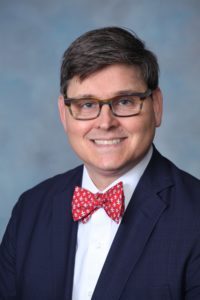 Faculty: John Paige, MD Professor of Clinical Surgery LSU Health New Orleans School of Medicine John Paige, MD, is Professor of Clinical Surgery with appointments in Anesthesiology and Radiology at the LSU Health New Orleans (NO) School of Medicine (SOM). He is past Chair of the Development Committee for ASE as well as a past Chair of the Simulation Committee. He currently serves as a member of the ASE Program Committee. He is Director of the ACS AEI LSU Health NO SOM Learning Center. His areas of clinical interest include abdominal wall reconstruction, foregut surgery, endocrine surgery, and bread and butter general surgery. Research interests include simulation-based skills training, inter-professional education, team training, human factors, patient safety, and debriefing. He has published and spoken extensively on these topics. 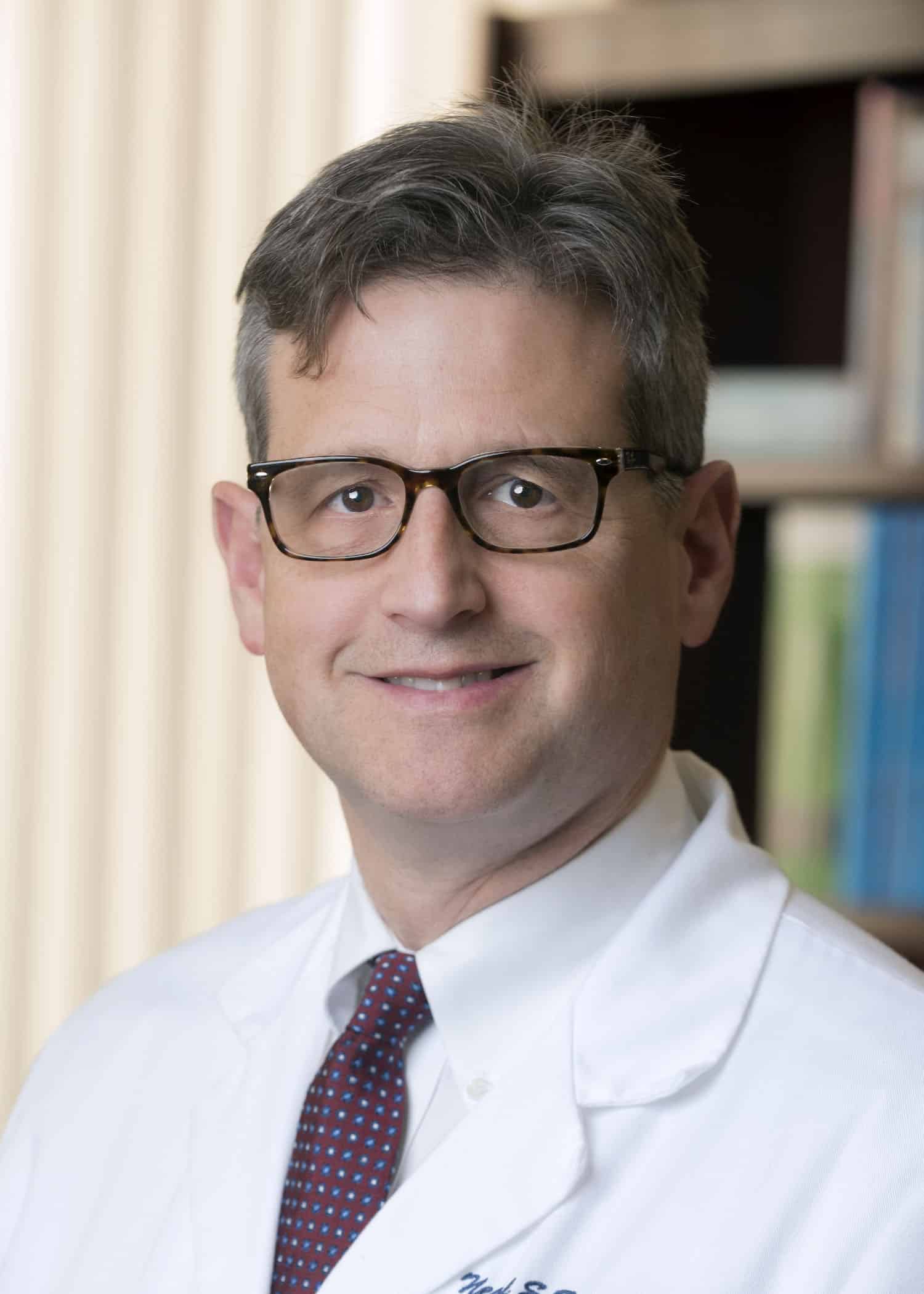
Faculty: Neal Seymour, MD Vice Chair for Education and Residency Program Director Umass Chan Medical School – Baystate Neal Edward Seymour, MD, is the Surgery Residency Program Director for Umass Chan Medical School – Baystate in Springfield, Massachusetts and Vice Chair for Education in the Department of Surgery for Baystate Health. He received his undergraduate and medical education at Columbia University and surgical training at SUNY Downstate in Brooklyn, NY. His current faculty appointment is as Professor of Surgery at the UMass Chan Medical School – Baystate. In addition to clinical surgery, his current efforts are devoted to the training needs of new surgeons. His academic work has focused on the use of various simulation methods in surgical training, as well as the measurement of surgical skills for the purposes of professional development and high-stakes testing. He has authored numerous scientific papers and other works on these subjects. He also serves as Director of the Baystate Simulation Center – Goldberg Surgical Skills Lab and is a member of the ACS Academy of Master Surgeon Educators. Event description The workshop will discuss the importance of debriefing for learning, and how an effective brief sets expectations for engagement, buy in to the fiction contract and establishes and maintains psychological safety. The facilitator role in the debrief will be outlined and debriefing methods such as PEARLS, debriefing with good judgement, advocacy inquiry , plus delta and 3D methods. Learning objectives a. Identify elements of the brief that are important to ensure successful debriefing b. Describe methods for debriefing and identify which the participant favors in their practice, for which type of simulation and why c. Create a debrief template for a proposed simulation educational event and identify challenges or potential issues and develop strategies to ensure an effective debrief occurs |
| In Situ Simulations and Virtual Simulations February 24, 2026 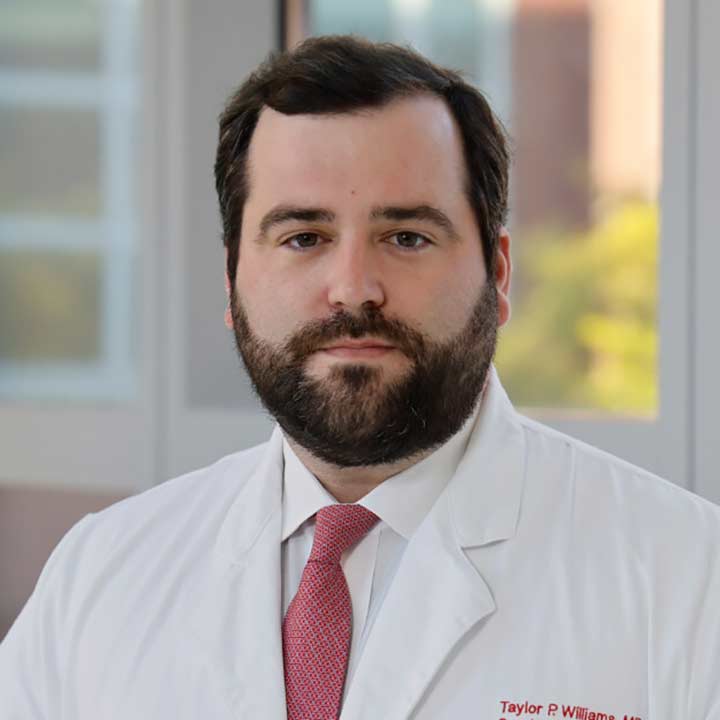 Faculty: Taylor Williams, MD Senior Fellow in Complex General Surgical Oncology The Ohio State University Medical Center Taylor P. Williams is a Senior Fellow in Complex General Surgical Oncology at The Ohio State University. He completed his General Surgery residency at the University of Texas Medical Branch. In 2021, he graduated from the American College of Surgeons Accredited Education Institute Surgical Simulation and Education Fellowship at the UTMB Laboratory for Surgical Training, Assessment, and Research (LSTAR). He is also a graduate of the ASE Surgical Education Research Fellowship. He is a published researcher with a focus on virtual simulation for training both technical and non-technical skills to both surgical trainees and practicing surgeons. He developed the pedagogical method called Tele-Education Assisted Mentorship in Surgery (TEAMS) and has established several national and international virtual simulation courses using TEAMS. Event description This workshop will discuss the definition of in situ simulation and best practices for safe application of this pedagogical approach. The challenges of implementing this including buy-in, resources and clinical service provision will be discussed as well as strategies to ensure success of this approach. Learning objectives a. Describe the key components of an in situ simulation event b. Identify safety hazards within an in situ simulation educational environment and apply current best practice evidence to ensure a safe learning environment c. Identify local learning gaps in which an in situ simulation approach may be useful and describe approaches to implement these efforts |
| Application of Simulators to Surgical Education – Human Patient Simulators March 10, 2026 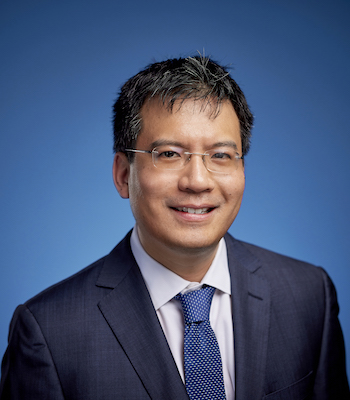 Faculty: Hahn Soe-Lin, MD, MS Associate Professor of Surgery, Division of Trauma, Emergency General Surgery, and Surgical Critical Care CommonSpirit St. Joseph’s Hospital & Medical Center / Creighton SOM Phoenix Dr. Soe-Lin is an Associate Professor of surgery at Creighton University School of Medicine – Phoenix and a faculty staff at St Joseph’s Hospital & Medical Center since September of 2019. He works clinically as a full time surgeon in the fields of trauma surgery, emergency general surgery, and surgical critical care. Dr. Soe-Lin completed his medical school education at Georgetown University School of Medicine after undergraduate and graduate physiology degrees at McGill University in Canada, and subsequently completed his general surgery residency at Case Western Reserve University in Cleveland Ohio. He completed a two year fellowship in trauma surgery and surgical critical care at the Ryder Trauma Center, Jackson Memorial Hospital in Miami, Florida. Dr. Soe-Lin is an early career academic surgeon who has won multiple teaching awards at Creighton and at Case Western Reserve University for his work with medical students and surgery residents, and is an active educator as the Creighton Clinical Simulation Director as well as the ACS-AEI surgical director for the St Joseph’s Hospital Learning Institute and Simulation Center. Event description The workshop will describe the utilization of mannequins or human patient simulators within simulation education. Hybrid simulation design will also be described and the benefits of this compared to mannequin/HPS alone outlined. The principles of HPS learning will be described and linked to methodologies for utilization of this simulation strategy. Learning objectives a. Describe the principles of HPS simulation education including those pertaining to teamwork, closed loop communication and utilization of teamwork tools for learning and assessment b. Describe the different types of fidelity with regard to simulation learning c. Identify the fidelity of range of HPS and explain how this can benefit and challenge simulation event efficacy in each scenario |
| Competency Assessment in Simulation March 24, 2026 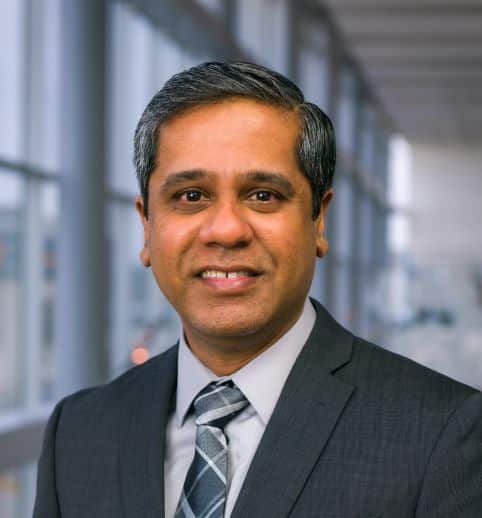
Faculty: Ganesh Sankaranarayanan, PhD Associate Professor UT Southwestern Medical Center Dr. Ganesh Sankaranarayanan is an Associate Professor in the Departments of Surgery and Biomedical Engineering at UT Southwestern Medical Center. He co-directs the Center for Assessment of Surgical Proficiency, where his work focuses on surgical simulation, virtual reality, and artificial intelligence applications in surgical training and assessment. He earned his Ph.D. in Electrical Engineering from the University of Washington and completed postdoctoral research at Rensselaer Polytechnic Institute, concentrating on virtual surgery simulation and medical robotics. His career includes roles as Assistant Director at Baylor University Medical Center’s Center for Evidence Based Simulation and faculty positions at Texas A&M College of Medicine and the University of Texas at Arlington. He is a Surgical Education Research Fellow (SERF) from the Association of Surgical Education. His research has been supported by the NIH and industry partners, leading to innovations such as AI-driven surgical video analysis, haptic-enabled simulators, and VR-based training tools. He is a member of surgical societies that includes the ACS, SAGES, ASE and technical societies that includes the IEEE, IEEE Robotics and Automation Society and IEEE EMBS. Event description The workshop will discuss the importance of and core principles relating to competency based assessment, including discussion of entrustable professional activities. Through small group discussions, participants will brainstorm how to develop competency based assessments of learners within different types of simulation educational events. The concepts of learner evaluation and team evaluation will be discussed. Learning objectives a. Describe the key components of competency based assessment of learners. b. Identify approaches to incorporate robust competency based assessment into a local simulation based educational event or local research project c. Describe team based assessment tools and their application to competency based assessment within simulation education |
| Application of Simulators to Surgical Education VR, Haptic and Virtual Environments April 14, 2026 
Faculty: Ganesh Sankaranarayanan, PhD Associate Professor UT Southwestern Medical Center Dr. Ganesh Sankaranarayanan is an Associate Professor in the Departments of Surgery and Biomedical Engineering at UT Southwestern Medical Center. He co-directs the Center for Assessment of Surgical Proficiency, where his work focuses on surgical simulation, virtual reality, and artificial intelligence applications in surgical training and assessment. He earned his Ph.D. in Electrical Engineering from the University of Washington and completed postdoctoral research at Rensselaer Polytechnic Institute, concentrating on virtual surgery simulation and medical robotics. His career includes roles as Assistant Director at Baylor University Medical Center’s Center for Evidence Based Simulation and faculty positions at Texas A&M College of Medicine and the University of Texas at Arlington. He is a Surgical Education Research Fellow (SERF) from the Association of Surgical Education. His research has been supported by the NIH and industry partners, leading to innovations such as AI-driven surgical video analysis, haptic-enabled simulators, and VR-based training tools. He is a member of surgical societies that includes the ACS, SAGES, ASE and technical societies that includes the IEEE, IEEE Robotics and Automation Society and IEEE EMBS. Event description The workshop will introduce the participants to the concepts and components of virtual reality simulations and identify ways in which these can be utilized for learning within surgical education. Virtual reality platforms used within simulation education will be discussed. Participants will receive expert advice about how best to incorporate these strategies into local simulation education and challenges and feasibility of this. Learning objectives a. Describe components of virtual reality and the platforms available to support surgical simulation education b. Identify a local simulation education event that may be suitable to incorporate VR simulation and describe a strategy for implementation of this c. Describe challenges to VR simulation education and how to deal with this |
| ASE Annual Meeting ASCENT Past and Present Reception April 29, 2026 Time TBD Atlanta, Georgia |
| Validity Evidence in Simulation May 5, 2026 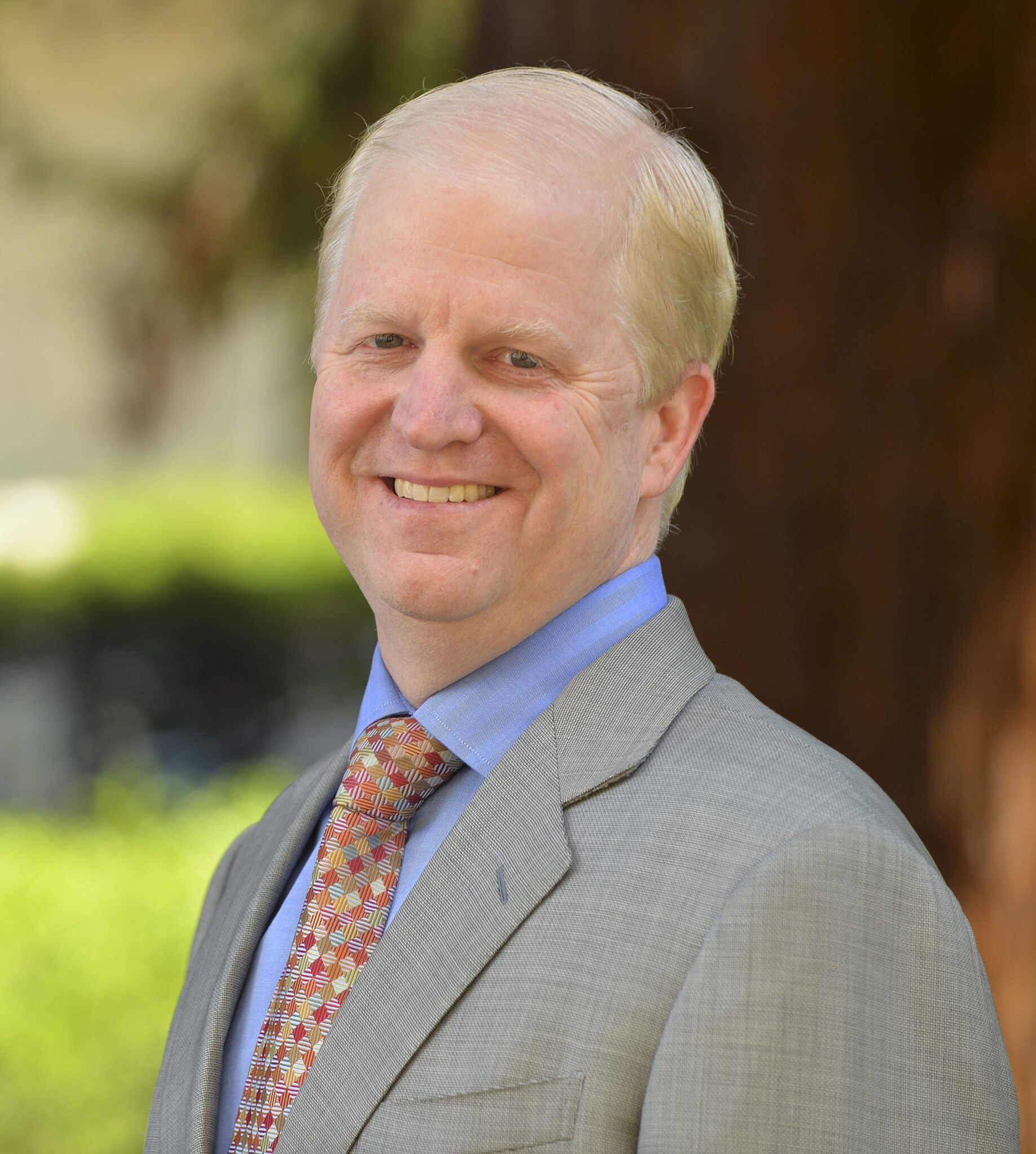 Faculty: James Korndorffer, MD, MHPE Vice Dean of Education University of Texas Austin, Dell Medical School James R. Korndorffer Jr., M.D., MHPE, FACS, joined the University of Texas Austin, Dell Medical School in January of 2025 and leads the continuum of medical education to train the next generation of physicians and health care professionals. In addition, he leads efforts across The University of Texas at Austin and The University of Texas System to support interprofessional education, curricular innovation, research and other learning activities. Dr. Korndorffer graduated cum laude from Tulane University with an undergraduate degree in biomedical engineering. He received his medical degree from the University of South Florida College of Medicine. He completed his general surgery internship and residency at the Carolinas Medical Center in Charlotte, North Carolina, where he received the award for best resident teacher. With a strong interest in teaching, Dr. Korndorffer left a successful private practice after eight years and joined the faculty at Tulane University School of Medicine He became an associate professor of surgery in 2005 and professor in 2010. He served in numerous leadership roles at Tulane, including vice chair of the surgery department from 2012 to 2017, program director for the surgical residency from 2006 to 2017, assistant dean for graduate medical education and founding medical director for the Tulane Center for Advance Medical Simulation. Continuing his passion for education, Korndorffer completed his Master of Health Professions Education at the University of Illinois Chicago while working full time at Tulane. Dr. Korndorffer joined Stanford School of Medicine’s Department of Surgery as the inaugural vice chair for education in 2017. He assumed additional leadership responsibilities within the department, including director of the Goodman Surgical Simulation Center and the surgical education fellowship program. He was one of the early adopters of the use of simulation for surgical training and has been actively involved in surgical education research since 2003. Some of the early work using proficiency-based training instead of time base training for skill acquisition. This has now become the norm. He is now actively involved investigating the role simulation education has in patient quality and healthcare system safety. Dr. Korndorffer has published over 100 papers in peer-reviewed journals as well as 10 book chapters, and he has held over 150 presentations at national and international meetings. Event description This workshop will discuss the application of validity frameworks to surgical simulation. Participants will receive an overview of the concepts of validity evidence for assessment. Common threats to validity will be discussed as well as strategies to best mitigate them. Learning objectives a. List the types of validity evidence b. Apply types of validity evidence to different aspects of surgical simulation c. Discuss the importance of validity evidence in assessment or instruction of technical skills d. Identify ways to minimize threats to validity in different surgical simulations |
| Practical Pearls on Proficiency-based Training May 12, 2026 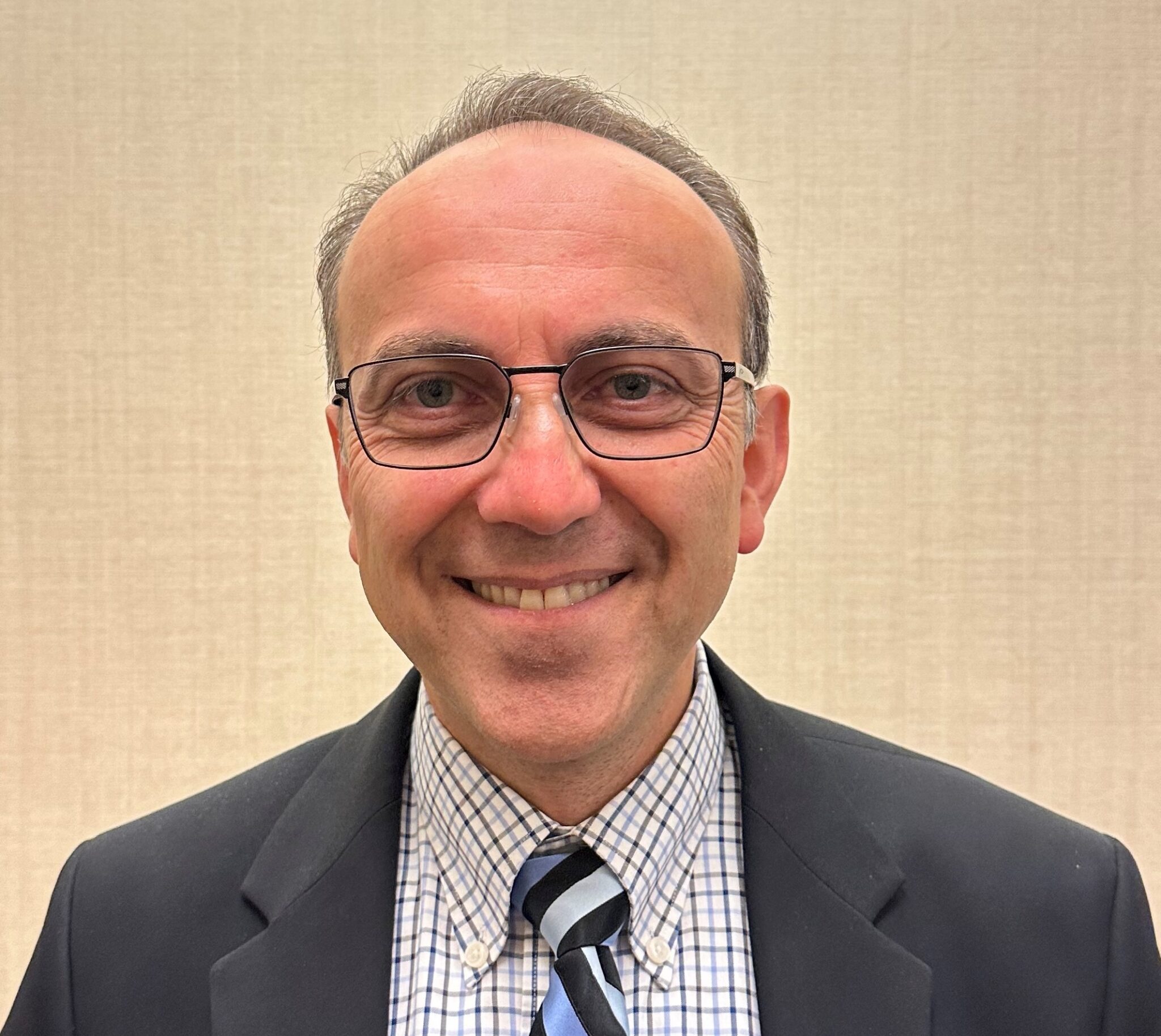 Faculty: Dimitrios Stefanidis, MD, PhD Vice Chair of Education Indiana University Dr. Dimitrios Stefanidis is a Professor of Surgery with tenure, the Vice Chair of Education, and Chief of minimally invasive and bariatric surgery of the department of surgery at Indiana University School of Medicine. He also serves as surgical director of the Indiana University ACS-AEI accredited institute, and directs bariatric surgery research in his division and education research in the department. He is past president of the Association for Surgical Education (ASE) and of the Indiana chapter of the ACS. He is a governor for the ACS and has served on the board of directors of the Society of American Gastrointestinal and Endoscopic Surgeons (SAGES), and the Institute for Surgical Excellence. He is the founding editor-in-chief of Global Surgical Education- the Journal of the Association of Surgical Education, prior associate editor for the Journal of the Society for Simulation in Healthcare (SSH), and on the editorial board of SOARD. He has been elected as an ASE fellow, a member of the American Surgical Association, the ACS Academy of Master Educators, and as fellow of the Society for Simulation in Healthcare (SSH). He has conducted numerous research studies, obtained several million of competitive research grants, published over 300 peer-reviewed papers and numerous book chapters, and received multiple research awards including the SSH researcher of the year award in 2022, the 2018 excellence in medical leadership award by SAGES, and the 2018 Award for Excellence in Innovation in Surgical Education by the ASE. He is one of the international experts on proficiency based training. Event description This workshop will discuss practical pearls for creating and implementing a curriculum using proficiency-based training (PBT). PBT based curricula can be used to train surgeons to perform procedures in the interest of quality, value, and patient safety. Participants will receive expert advice on how best to incorporate PBT concepts into simulation curricula and navigate common challenges and feasibility issues. Learning objectives a. Describe key aspects of the proficiency-based training (PBT) conceptual framework b. Identify the expected benefits of a PBT simulation curriculum in the development of technical skills c. Identify strategies to navigate common challenges and feasibility issues when implementing PBT in simulation education |
| Standardized Patients June 9, 2026 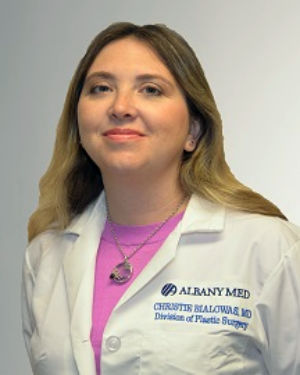 Faculty: Christie Bialowas, MD Associate Professor Albany Medical Center Dr. Bialowas is a Plastic and Reconstructive Surgeon focusing on orthoplastic surgery and complex reconstruction. She has presented at ASE on topics ranging from conflict resolution, mentorship, coaching and dealing with micro aggressions all through the use of simulation. She designed a patient simulation curriculum for her residents helping to develop the soft skills often missed in residency training and has utilized this to help struggling residents. Event description The workshop will discuss best practices for development of simulation scenarios utilizing SPs, how SP training is conducted and how best to approach implementation and evaluation of SP case development. Learning objectives a. Identify simulation educational scenarios suitable for SP involvement b. Describe best practices for training SPs both to participate in the simulation and the debriefing c. Describe creation of an SP simulation scenario and evaluation |
| Interprofessional and Interdisciplinary Simulation June 16, 2026 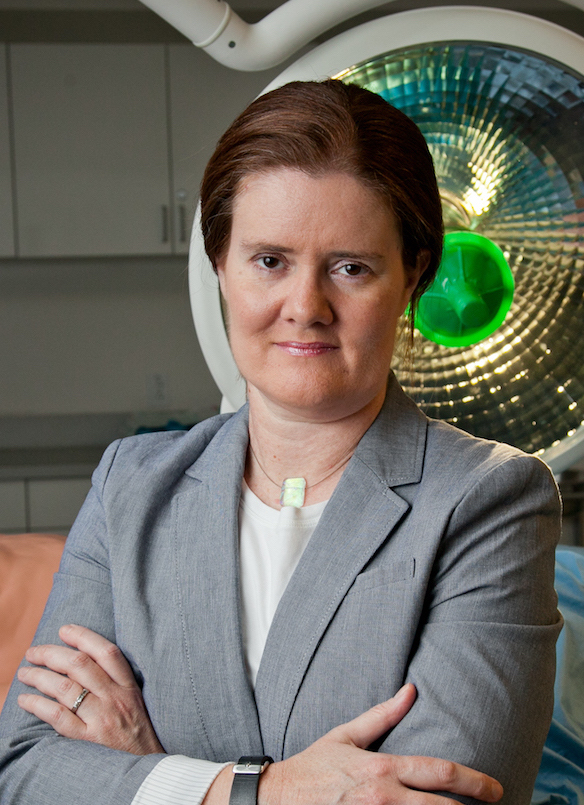 Faculty: Jennifer Calzada, MA, MPH Director of Simulation Education Tulane School of Medicine Jennifer A. Calzada, MA, MPH, CHSE, has been the Director of Simulation Education for the Tulane School of Medicine since its inception in 2008, and a TeamSTEPPS Master Trainer since 2010. She earned an MA in Media Studies and an MPH in Global Environmental Health. She is certified in Human Centered Design Thinking for Healthcare, a Certified Healthcare Simulation Educator (Society for Simulation in Healthcare), a Certified Leadership and Resilience Coach (Tulane University Leadership Institute), and is a Fellow of the Society for Simulation in Healthcare (FSSH). Her expertise includes communications, team training, program management and evaluation, strategic planning, simulation education, and curriculum development.  Faculty: John Paige, MD Professor of Clinical Surgery LSU Health New Orleans School of Medicine John Paige, MD, is Professor of Clinical Surgery with appointments in Anesthesiology and Radiology at the LSU Health New Orleans (NO) School of Medicine (SOM). He is past Chair of the Development Committee for ASE as well as a past Chair of the Simulation Committee. He currently serves as a member of the ASE Program Committee. He is Director of the ACS AEI LSU Health NO SOM Learning Center. His areas of clinical interest include abdominal wall reconstruction, foregut surgery, endocrine surgery, and bread and butter general surgery. Research interests include simulation-based skills training, inter-professional education, team training, human factors, patient safety, and debriefing. He has published and spoken extensively on these topics. Event description This workshop will introduce key principles of team-based interprofessional (IPE) and interdisciplinary simulation training. Participates will learn the TeamSTEPPS framework and three different validated non-technical skills assessment tools to enhance the value of IPE team training activities. Resources will be provided to aid participants in planning their own IPE simulation sessions at their local institution. Learning objectives a. Articulate the value of IPE and interdisciplinary simulation training b. Identify best practices for teaching and assessing non-technical skills in simulation c. Review self-assessment and team evaluation tools to assist with debriefing |
| Simulation Center Accreditation July 7, 2026 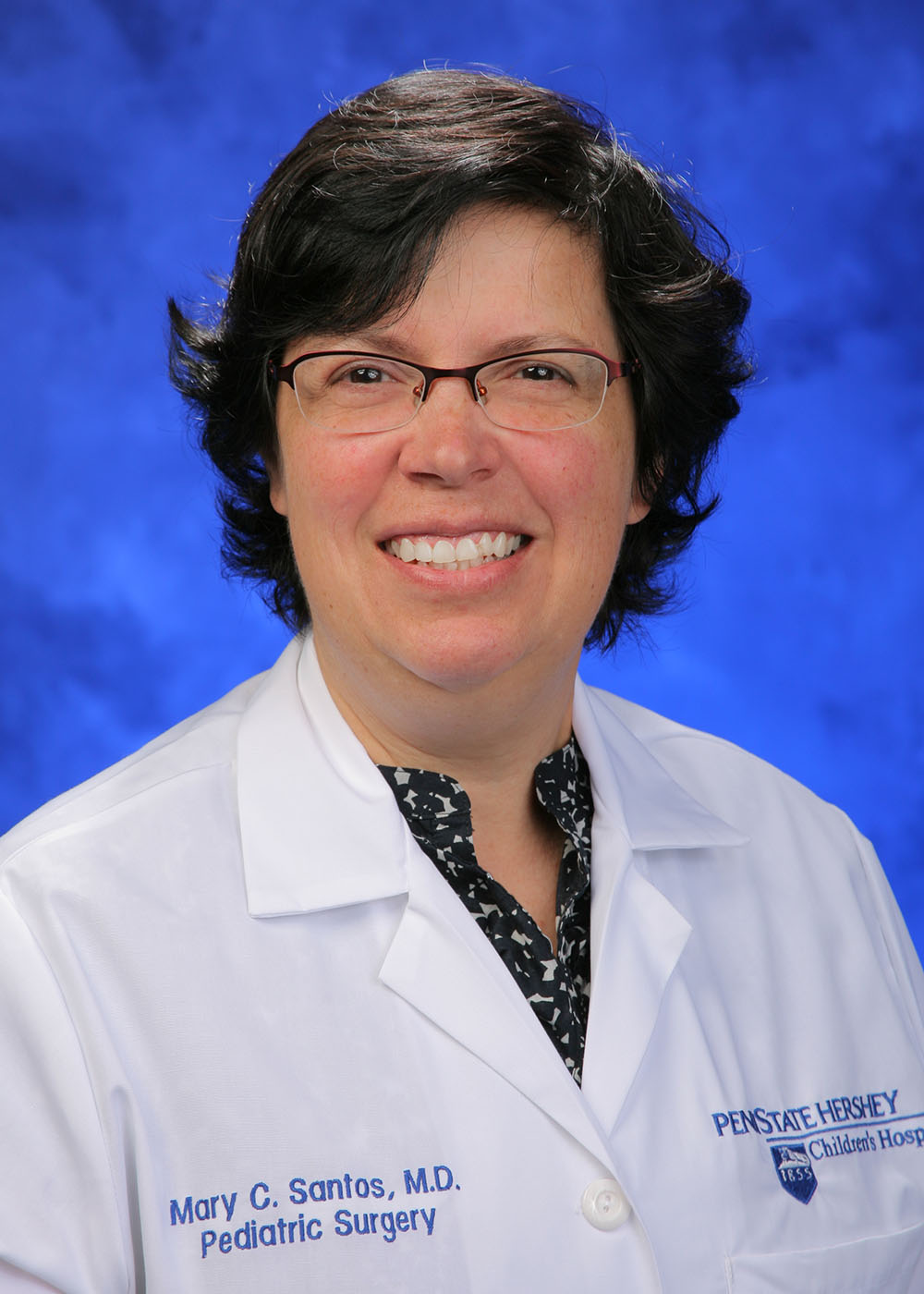 Faculty: Mary Catherine Santos, MD, MSEd Professor of Surgery and Pediatrics Penn State Health Medical Center Mary Catherine Santos, MD, MSEd is a Professor of Surgery and Pediatrics at Penn State Health Medical Center in Hershey. She serves as the Surgical Director of Simulation in Hershey as well as the General Surgery Program Director. She is the Chair of the Accreditation Committee for the ACS Accredited Educational Institute Program and previously served as a site visitor for the program. She has a strong background in adult education and also served on a committee developing the curriculum for a Masters in Health Professions Education.  Faculty: Jennifer Calzada, MA, MPH Director of Simulation Education Tulane School of Medicine Jennifer A. Calzada, MA, MPH, CHSE, has been the Director of Simulation Education for the Tulane School of Medicine since its inception in 2008, and a TeamSTEPPS Master Trainer since 2010. She earned an MA in Media Studies and an MPH in Global Environmental Health. She is certified in Human Centered Design Thinking for Healthcare, a Certified Healthcare Simulation Educator (Society for Simulation in Healthcare), a Certified Leadership and Resilience Coach (Tulane University Leadership Institute), and is a Fellow of the Society for Simulation in Healthcare (FSSH). Her expertise includes communications, team training, program management and evaluation, strategic planning, simulation education, and curriculum development. Event description This workshop will discuss the importance of accreditation for simulation centers and describe the accreditation standards for ACSAEI accreditation, both focused and comprehensive. The workshop will also describe the process for application for fellowship accreditation and requirements for fellowship. Learning objectives a. Describe the accreditation standards for focused and comprehensive ACSAEI accreditation b. Identify the resources required to prepare for accreditation and reaccreditation processes c. Describe the standards that must be met for an ACSAEI accredited fellowship and resources required to maintain an excellent educational experience for local fellows |
| ASCENT Closing Session and Wrap-Up July 21, 2026 Program Directors: Ming-Li Wang, MD and Erika Simmerman Mabes, DO |
